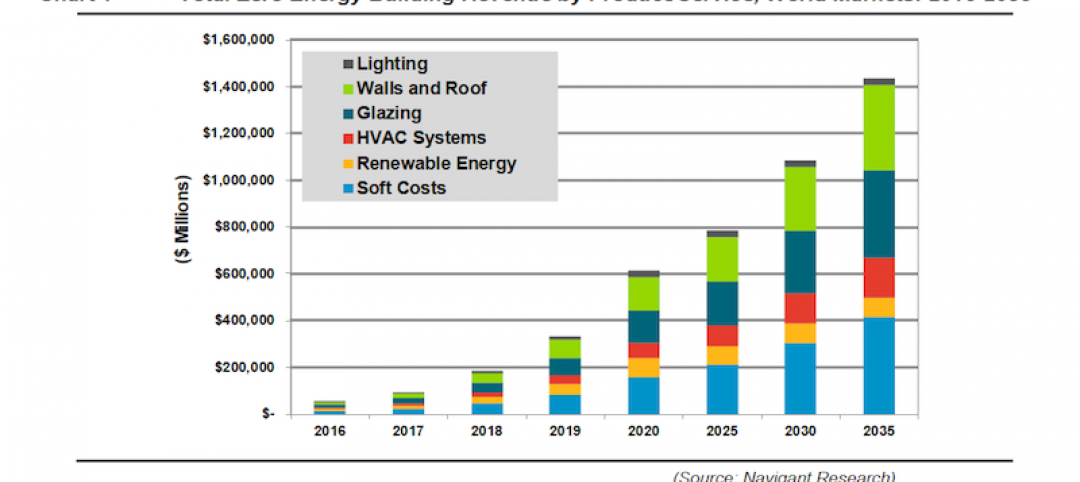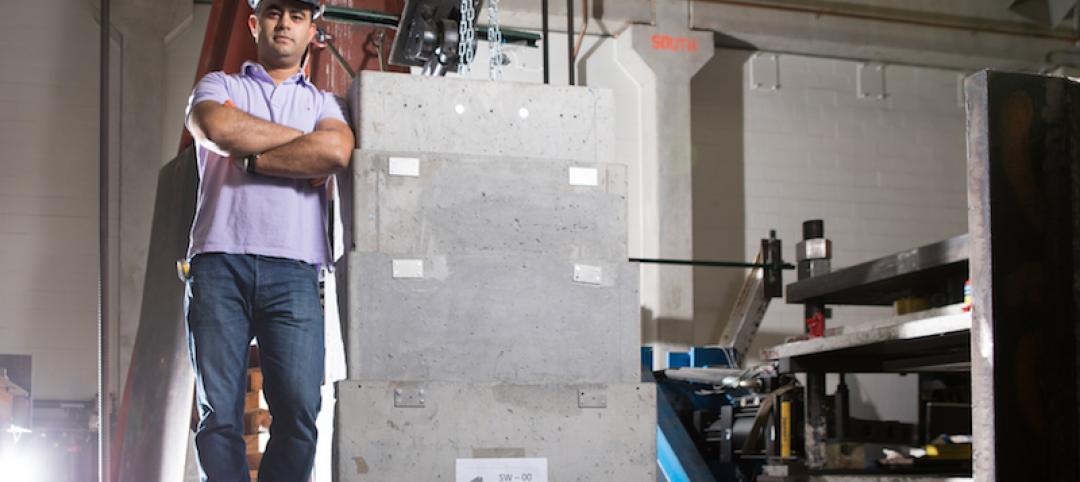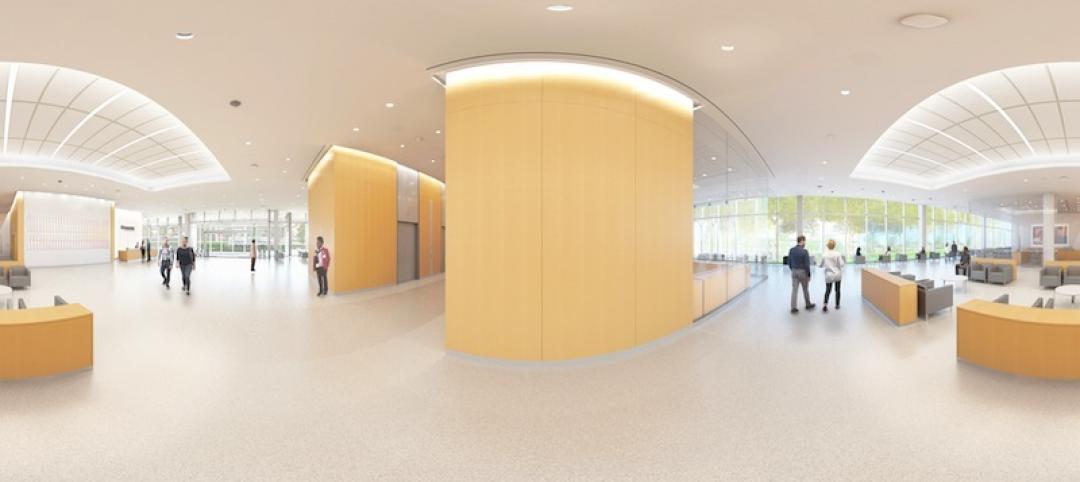For the better part of a decade, we’ve watched AEC firms and real estate owners and developers pluck business practices, technology, and talent from the tech and manufacturing industries—digital workflows, automation, innovation competitions, hackathons, maker culture, Lean operations, technologies like predictive analytics, AI, and immersive reality.
AEC “outsiders” hold prominent positions in large firms, with titles like Chief Data Officer and Chief Innovation Officer. Firms are angel investors, startup backers, and purveyors of custom-built software tools and tech platforms. They are exploring real-world applications for nascent technologies like digital twin, blockchain, and haptics for VR. They are backing or launching increasingly sophisticated offsite construction enterprises.
Indeed, the nation’s leading design and construction firms have embraced innovation culture in a big way—whether through formal structured processes or departments (still rare in our market), or an R&D “tinker” approach (much more common).
As firms begin to adopt the practices and mindset of Silicon Valley tech and advanced manufacturing, it’s fair to ask: Are all of these innovation projects and initiatives working? More to the point: Does your firm track the success rate of its innovation projects?
If you do, and your success rate is 50% or greater, guess what? You are faring much better than many of the tech firms that we collectively hold up on a pedestal as leading innovators. A new survey, conducted by Oracle, of more than 5,000 decision makers across 24 markets in software development and cloud solutions found that less than half of innovation projects ever make it to market. And it is the biggest firms (workforces up to 50,000) and the fastest-growing companies that struggle the most.
Survey respondents cited a host of reasons for the less-than-ideal “hit rate” on innovation projects: poor processes, lack of focus, absentee leadership, an over-commitment on the number of innovation projects, and an insufficient commitment from the business.
Another glaring issue: a lack of clear ownership. Executives (48%) and IT (46%) were identified as the most common owners of projects, but a variety of other functions were identified as champions in near-equal proportions, between 35% and 41%, according to the survey.
“Employees will always be a critical factor in any innovation program, but they need an effective and supporting culture of innovation to be successful,” said Neil Sholay, Oracle’s VP of Innovation. “This starts with a clear vision from leaders and the prioritization and funding of chosen projects.”
While the Oracle report is somewhat of an apples-and-oranges comparison to AEC, the survey findings demonstrate that even the most finely tuned organizations struggle to innovate.
Download the key takeaways of Oracle’s “Having a Successful Innovation Agenda” report at: tinyurl.com/yxathbeg.
Related Stories
Energy Efficiency | Jan 5, 2017
Exponential growth in net zero energy buildings predicted for the next two decades
Technology and regulations will be the drivers, says Navigant Research.
Concrete Technology | Dec 5, 2016
Telescopic walls could help combat the damages of floodwaters
The project is currently under development by a Ph.D. candidate at the University of Buffalo.
Building Technology | Nov 10, 2016
New system from MIT may help buildings monitor stress and damage over time
The computational model is being tested on MIT’s Green Building.
Building Technology | Nov 10, 2016
Multifamily development in Miami will feature healthy indoor environments
The 100-unit tower will incorporate healthy living enhancements from The Wellness Habitat Company.
Building Technology | Oct 7, 2016
How much is that LEED point worth? A new tool provides answers
Autocase analyzes the financial, social, and environmental benefits of certification.
Building Technology | Oct 5, 2016
Autodesk’s new BUILD Space is focused on the future of making things in the built environment
The 34,000-sf facility will host teams from academia, industry, and practice doing work in fields including digital fabrication, design robotics, and industrialized construction.
Contractors | Aug 10, 2016
Dodge launches new app to simplify pros' search for suitable projects to bid and work on
The product, called PlanRoom, could be particularly useful in sharing data and communications among AEC teams.
Virtual Reality | Jul 30, 2016
Stantec to open VR showrooms in two offices
The firm moves into its second stage of testing this technology as a real-time design tool.
Building Tech | Jul 14, 2016
Delegates attending political conventions shouldn’t need to ask ‘Can you hear me now?’
Each venue is equipped with DAS technology that extends the building’s wireless coverage.
Sponsored | Building Technology | Jul 11, 2016
3D scanning technology solves University of Iowa Children’s Hospital’s curved wall curveball
Gilbane Building Company utilized advanced 3D scanning technology as part of a virtual design and construction (VDC) solution to ensure quality control throughout the lifespan of the project
















